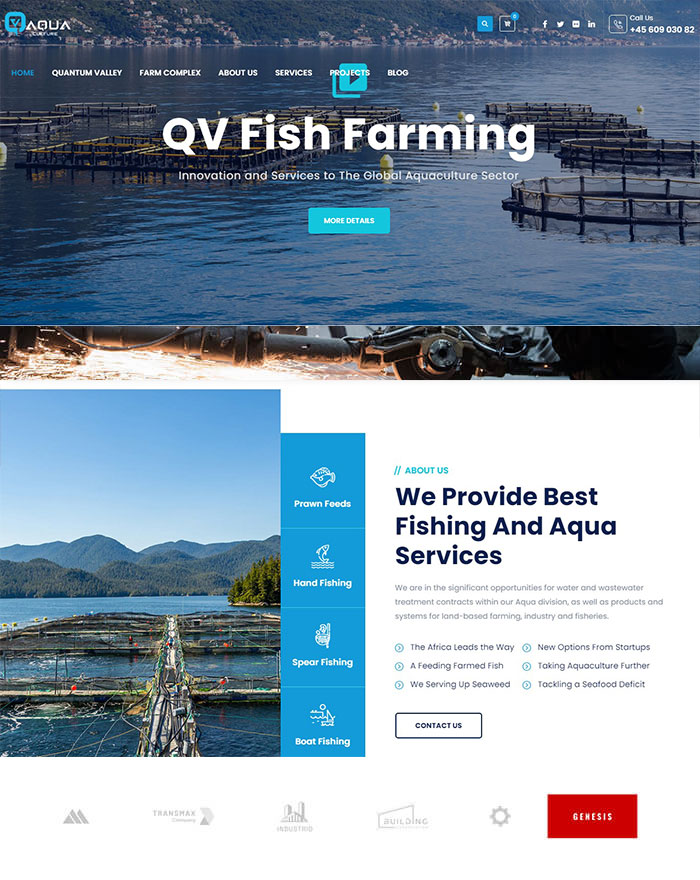Livestock encompasses domesticated animals primarily raised for food production, often referred to as “food animals.” In Nigeria, the prevalent types of livestock include poultry species such as chickens, turkeys, quails, and ducks, as well as cattle, small ruminants like goats and sheep, pigs, and rabbits. In certain northern regions, donkeys, camels, and horses are also part of the livestock population.
The most commonly farmed animals are chickens, cattle, goats, and sheep. A report from the Federal Ministry of Agriculture and Rural Development (FMARD, 2017) indicated that Nigeria’s annual livestock production included approximately 180 million poultry birds, 76 million goats, 43.4 million sheep, 18.4 million cattle, 7.5 million pigs, and 1.4 million equids (horses, donkeys, etc.). Notably, a significant portion of these animals is raised in free-range systems, primarily involving smallholder farmers and nomadic herders.




